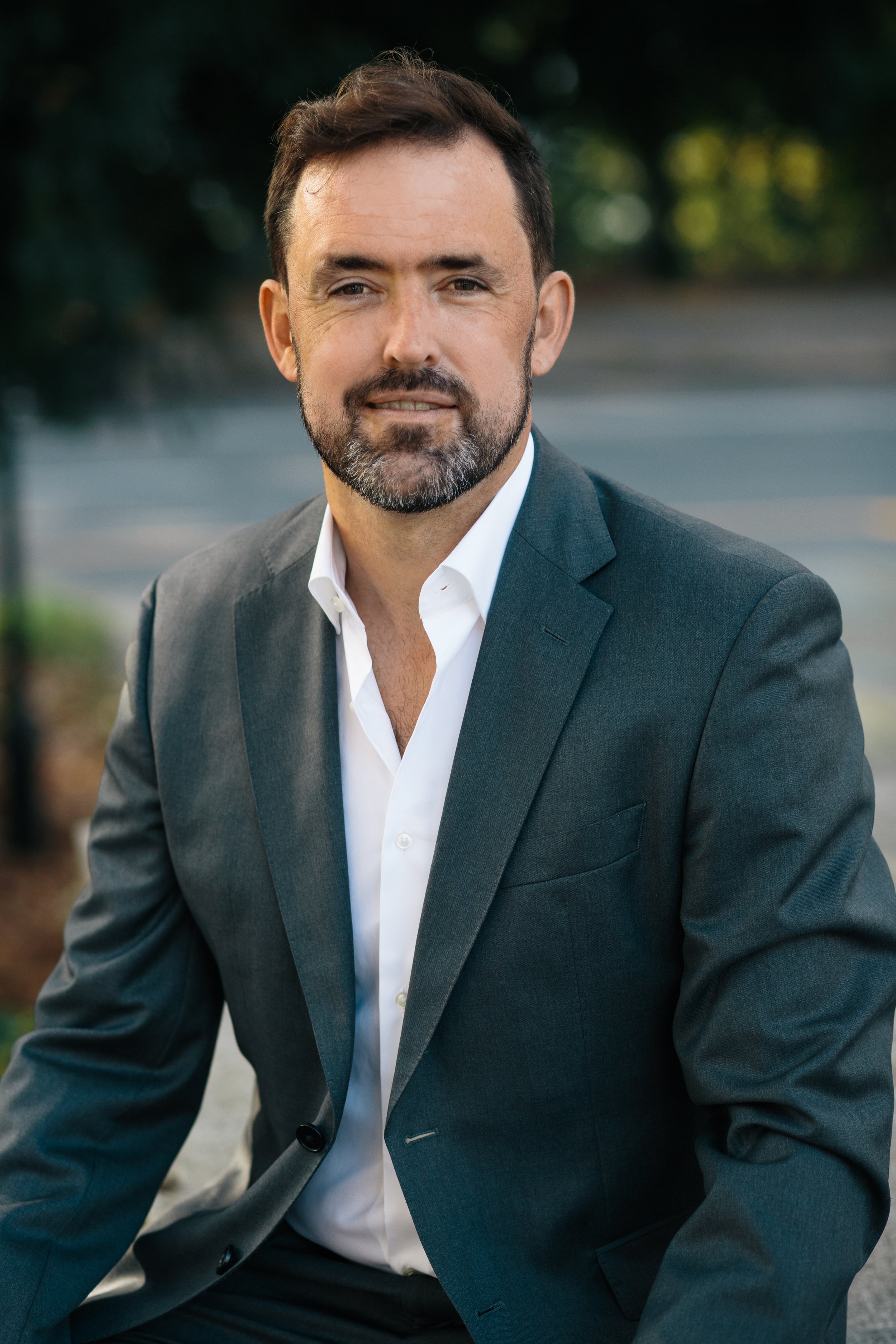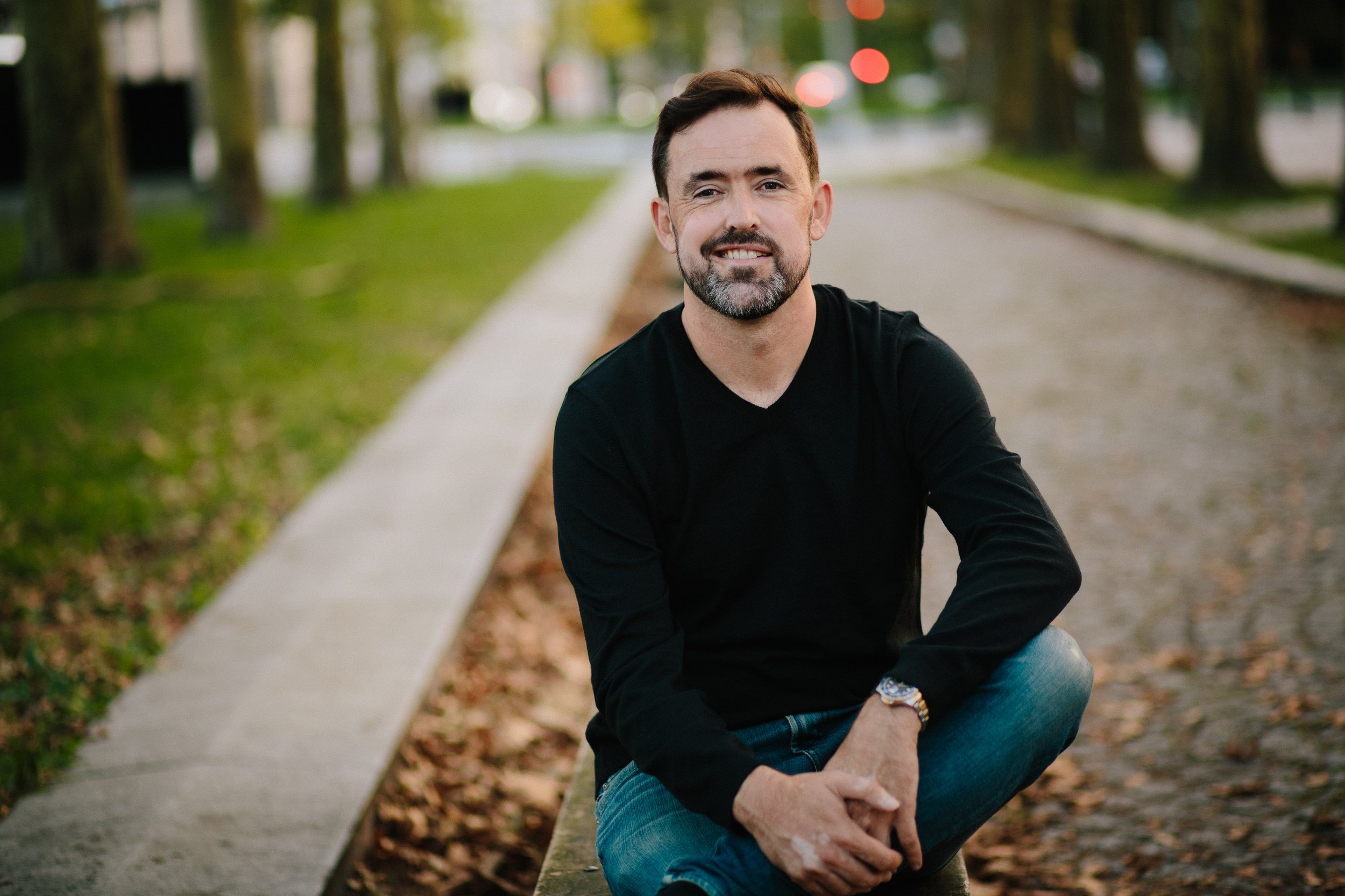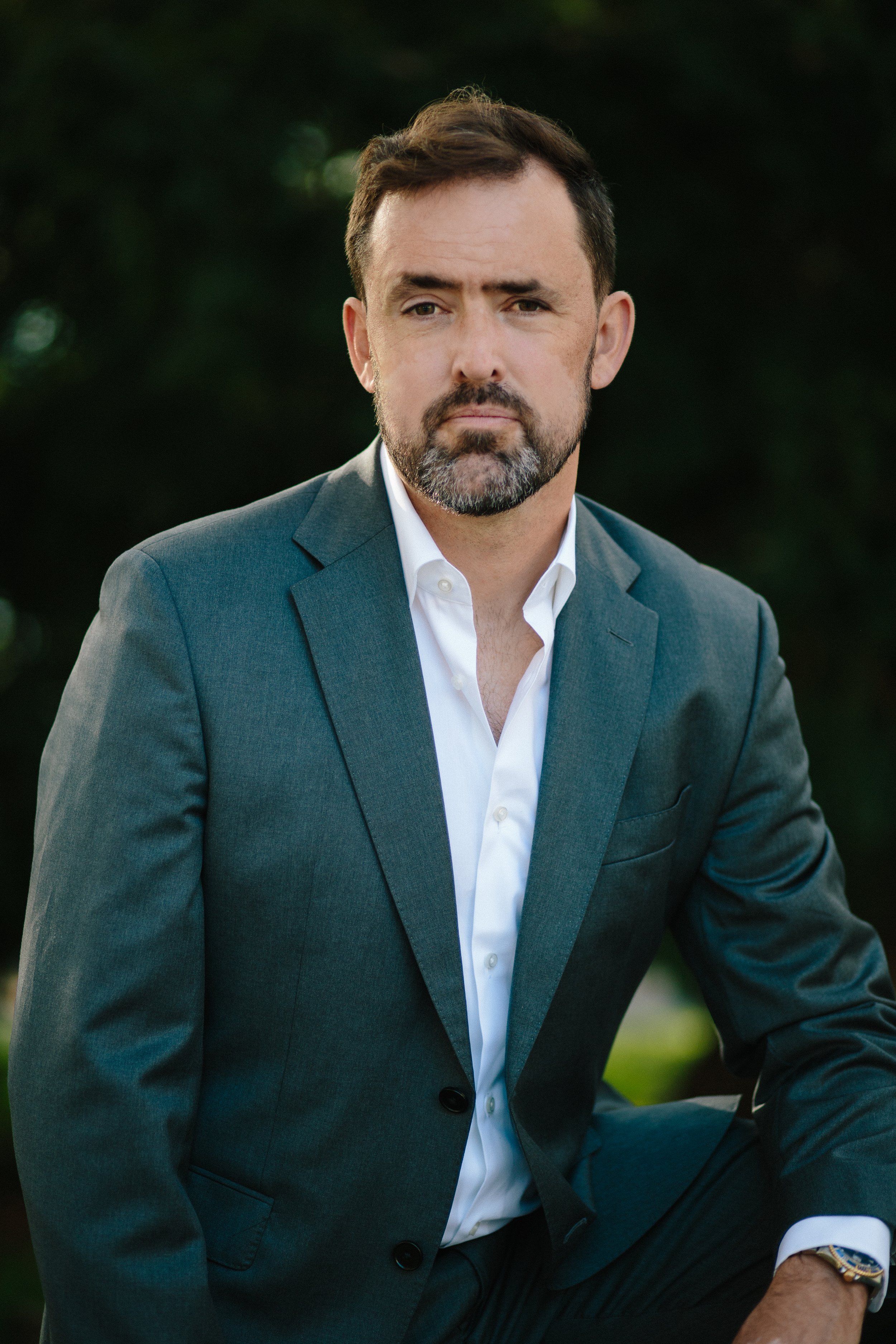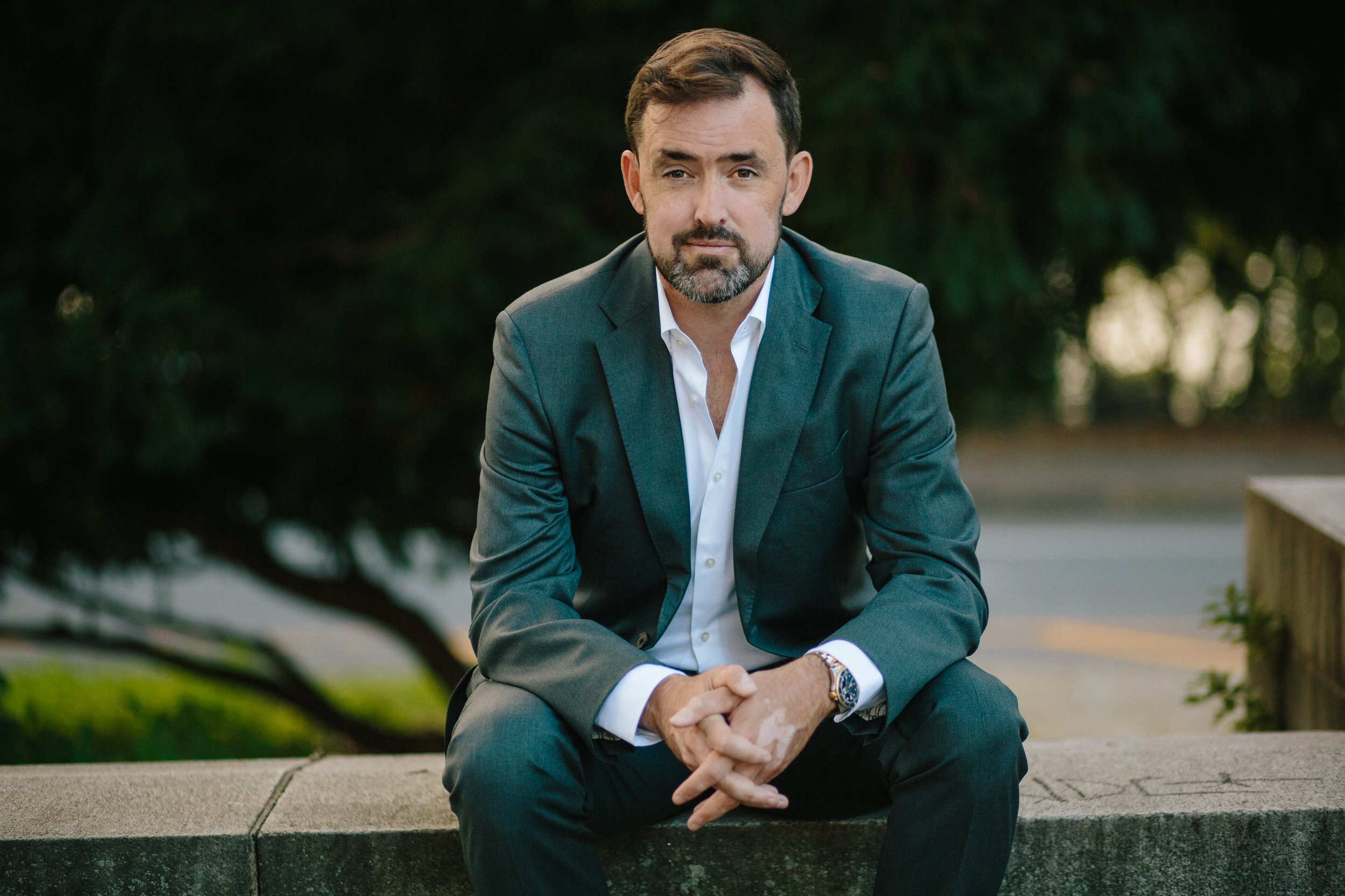Here for high-res photos, long and short bios, and c.v.
Matthew Barnson is the composer of over 80 works for orchestras, choirs, string quartets, voices, chamber ensembles, dancers, films, and computers. His music negotiates classical forms and the European and American avant-garde(s), and between noise and pure tone. He juxtaposes these extremes to create a challenging language that is at once viscerally expressive and dramatically structured, using pulsing rhythmic energy to create music that veers between extremes of fragility and violence. More than any overdetermined system, his work is governed by the physicality of the instruments and voices, and many works are marked by the gradual introduction of different playing techniques: glassy harmonics, skittish string-crossings, snap pizzicato, and finally a climax of brutal sawing, before resolving once more to an uneasy calm.
Critics have described his work as “brilliantly colorful, shimmering, and strangely concordant even in its noisiest moments,”that “the music firmly straddles the threshold of invention and tradition,” (I Care If You Listen) and that it “is fresh and arises from a distinct personality.” (San Francisco Classical Voice).
The quality and invention of his works have been recognized with numerous awards, fellowships, and commissions, including a Guggenheim Fellowship, two Barlow Commissions, two Aaron Copland Awards, an American Opera Project Fellowship funded by the Andrew W. Mellon Foundation, and an award from the American Academy of Arts and Letters, to name a few. Yaddo, Millay Arts, Copland House, Djerassi, the Virginia Center for the Creative Arts and other major artist residencies have extended invitations in support of his work.
Respected New Music ensembles, including Ensemble Intercontemporain, Third Coast Percussion, Ensemble ACJW, F-plus, Left Coast Chamber Ensemble, New Morse Code, Ensemble Mis-en, and others perform his work. His string quartets have been championed by the JACK, Arditti, Daphnis, and Allsar Quartets, Quator Diatoma, and the Knights. Orchestral works have been performed by the Orchestre National de Lorraine, Orchestre Philharmonique de Radio France, and the Janacek Philharmonic.
Barnson’s vocal music has been performed by sopranos Erin Morely, Nicole Cabell, baritone Douglas Williams, and numerous others and his choral music has been performed by Volti, Seraphic Fire, and the New York Virtuoso Singers. The American Opera Project workshopped and presented his opera Vera in 2018.
His music has been presented at venues and clubs downtown and in Brooklyn, like Le Poisson Rouge, the Stone, Roulette, the Cell, Cornelia Street Cafe, and Monkeytown; and at the world’s most prestigious concert halls and museums, including Carnegie Hall, the Kennedy Center, San Francisco’s War Memorial, New York’s Museum of Modern Art, the 92StreetY, Miller Theater, and the Curtis Institute of Music; and, in London’s Wigmore Hall and the Royal Academy of Music,Paris’ Centre Pompidou, Maison de la Radio et de la Musique, and Gaîté Lyrique.
His work has appeared at cutting-edge festivals like Damstradt, Acanthes, Ostrava, June in Buffalo, IRCAM’s Manifest, Prague’s Konvergence, and ISCM World New Music Days in Stuttgart; but also at some of classical music’s most prestigious festivals including Aldeburgh, Ravenia, Aspen, Germany’s Heidelbürger Frühling and Ludwigsbürger Schlossfestspeile and at the Santa Fe, Taos, and Great Lakes Chamber Music Festivals.
His debut album, Sibyl Tones, was released on Tzadik in 2014 and a second album, Vanitas, was released by Innova in 2019.
Born in Gunnison, Utah in 1979, he studied composition at the Eastman School of Music, the University of Pennsylvania, and earned his doctorate at Yale University. His most influential teachers included Joseph Schwantner, Christopher Rouse, Steven Stucky, Augusta Read Thomas, James Primrosch, Martin Bresnick, David Lang, and Ingram Marshall. His studies continued at numerous summer festivals, most notably Aspen, Centre Acanthes, the Sibelius Academy’s Creative Dialogue, Aldeburgh, and Paris’ Institut de recherche et coordination acoustique/musique (IRCAM), where his teachers included Kaija Saariaho, Helmut Lachenmann, Wolfgang Rihm, Toshio Hosokawa, and Péter Eötvös. Beyond composition, he studied viola and early music at both Eastman and Yale, and performed as a violist and singer for many years as a freelancer in New York City.
Committed to teaching and mentoring a younger generation of musicians, Barnson has taught at Yale College, Trinity College Dublin, the Rocky Ridge Music Center, and the Third Street Music School Settlement, where he chairs the composition and theory faculty. Since 2014, Barnson has taught at Stony Brook University (SUNY), where he holds a tenured professorship.
High Resolution Photos Available
Photo Credit: Tatiana Daubek





